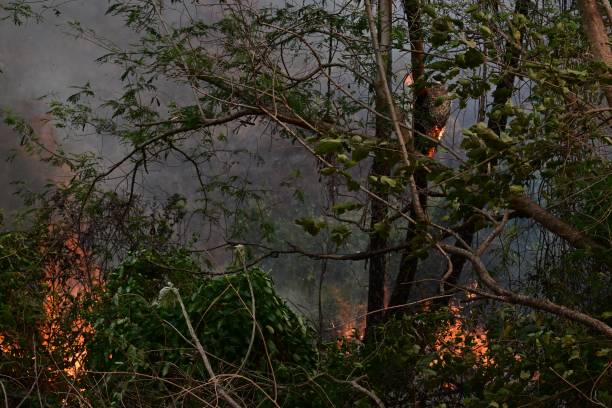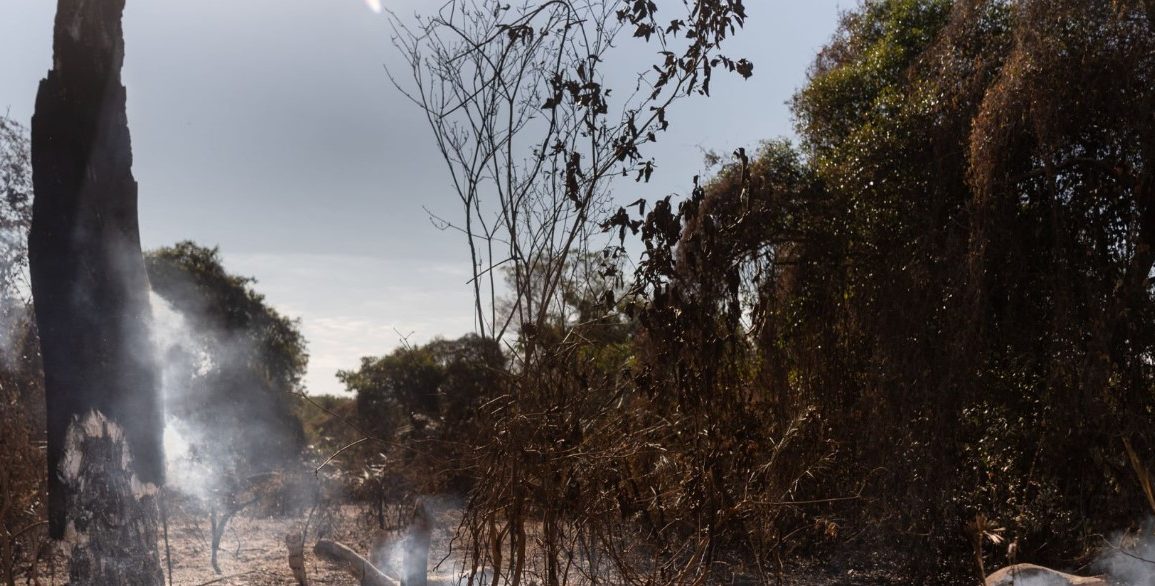In June, Brazil’s Pantanal, the world’s largest tropical wetland, experienced unprecedented wildfires that burned approximately 440,000 hectares (1.1 million acres).
A recent study indicates that human-caused climate change made these fires at least four times more likely and 40% more intense.
The consequences have been catastrophic, leaving behind the charred remains of wildlife, including monkeys, caimans, and snakes, and potentially killing millions of animals, along with countless plants and insects.
This June marked the driest, hottest, and windiest on record for the Pantanal, with fire conditions exceeding the previous record for the month by more than 70%.
The extreme weather, characterized by heightened heat and dryness, has turned the region into a tinderbox, with such severe conditions now expected to occur once every 35 years due to the current 1.2°C increase in global temperatures since pre-industrial times.

According to researchers from World Weather Attribution, the El Niño climate pattern, which dissipated before June, did not significantly impact the fire severity.
Instead, the analysis highlights that without human-induced climate change—stemming from deforestation and fossil fuel combustion—the extreme fire weather would have been far less common.
As conditions worsen, scientists warn that if global temperatures reach 2°C above pre-industrial levels, severe fire weather could double in likelihood and increase by 17% in intensity.
This is alarming news for the Pantanal, home to diverse ecosystems and Indigenous communities, as the area faces a critical threat from continued deforestation and climate change.
Dr. Clair Barnes from Imperial College London emphasizes that the region is becoming increasingly flammable due to climate change, turning small fires into devastating infernos.
The 9% of the Pantanal has already been burned this year, experts predict that this wildfire season could become the worst on record.
As temperatures rise and rainfall decreases, the region’s ability to recover from such disasters is under severe threat, highlighting the urgent need for action to mitigate climate change impacts.

